Hackers target Facebook with virus
The latest attack is "Koobface", which downloads onto PCs and collects credit card numbers.

Sign up today and you will receive a free copy of our Future Focus 2025 report - the leading guidance on AI, cybersecurity and other IT challenges as per 700+ senior executives
You are now subscribed
Your newsletter sign-up was successful
Millions of Facebook users are being targeted by a virus called "Koobface", which uses the social network's messaging system to infect PCs and gather credit card numbers.
It is the latest attack by hackers increasingly looking to prey on users of social networking sites.
"A few other viruses have tried to use Facebook in similar ways to propagate themselves," Facebook spokesman Barry Schnitt said in an email. He said a "very small percentage of users" had been affected by these viruses.
"It is on the rise, relative to other threats like emails," said Craig Schmugar, a researcher with McAfee.
Koobface spreads by sending notes to friends of someone whose PC has been infected. The messages, with subject headers like, "You look just awesome in this new movie," direct recipients to a website where they are asked to download what it claims is an update of Adobe Systems Flash player.
If they download the software, users end up with an infected computer, which then takes users to contaminated sites when they try to use search engines from Google, Yahoo, MSN and Live.com, according McAfee.
McAfee warned in a blog entry on Wednesday that its researchers had discovered that Koobface was making the rounds on Facebook.
Sign up today and you will receive a free copy of our Future Focus 2025 report - the leading guidance on AI, cybersecurity and other IT challenges as per 700+ senior executives
Facebook requires senders of messages within the network to be members and hides user data from people who do not have accounts, said Chris Boyd, a researcher with FaceTime Security Labs. Because of that, users tend to be far less suspicious of messages they receive in the network.
"People tend to let their guard down. They think you've got to log in with an account, so there is no way that worms and other viruses could infect them," Boyd said.
Social network MySpace, owned by News Corp, was hit by a version of Koobface in August and used security technology to eradicate it, according to a company spokeswoman. The virus has not cropped up since then, she said.
Privately held Facebook has told members to delete contaminated e-mails and has posted directions at www.facebook.com/security on how to clean infected computers.
Richard Larmer, chief executive of RLM Public Relations in New York, said he threw out his PC after it became infected by Koobface, which downloaded malicious software onto his PC. It was really bad. It destroyed my computer," he said.
McAfee has not yet identified the perpetrators behind Koobface, who are improving the malicious software behind the virus in a bid to outsmart security at Facebook and MySpace.
"The people behind it are updating it, refining it, adding new functionalities," said McAfee's Schmugar.
-
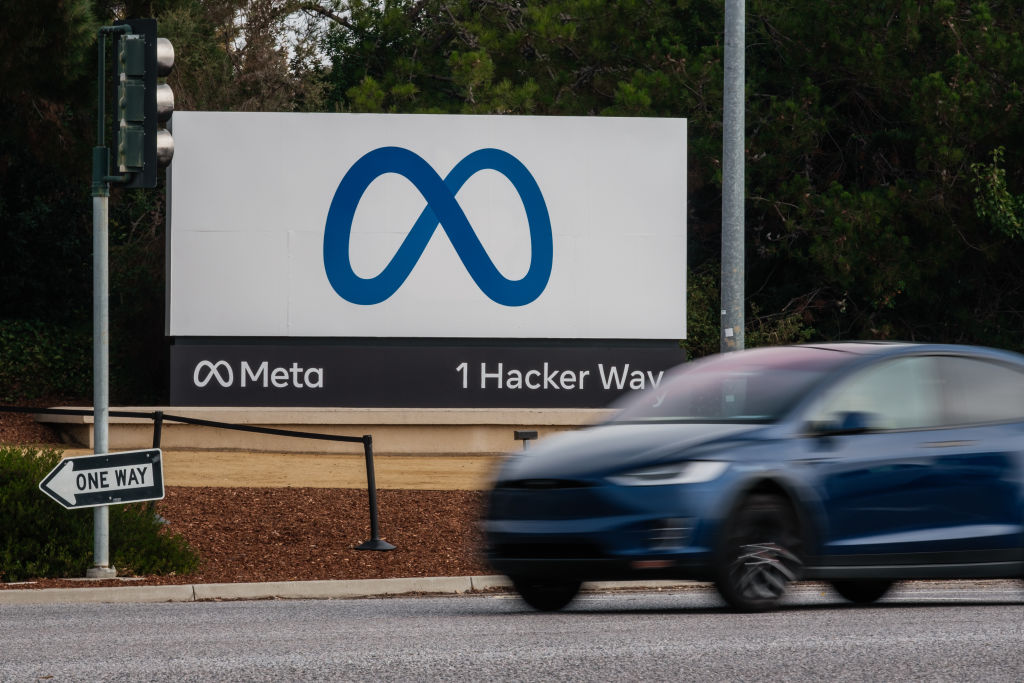 Latest Meta GDPR fine brings 12-month total to more than €1 billion
Latest Meta GDPR fine brings 12-month total to more than €1 billionNews Meta was issued with two hefty GDPR fines for “forcing” users to consent to data processing
-
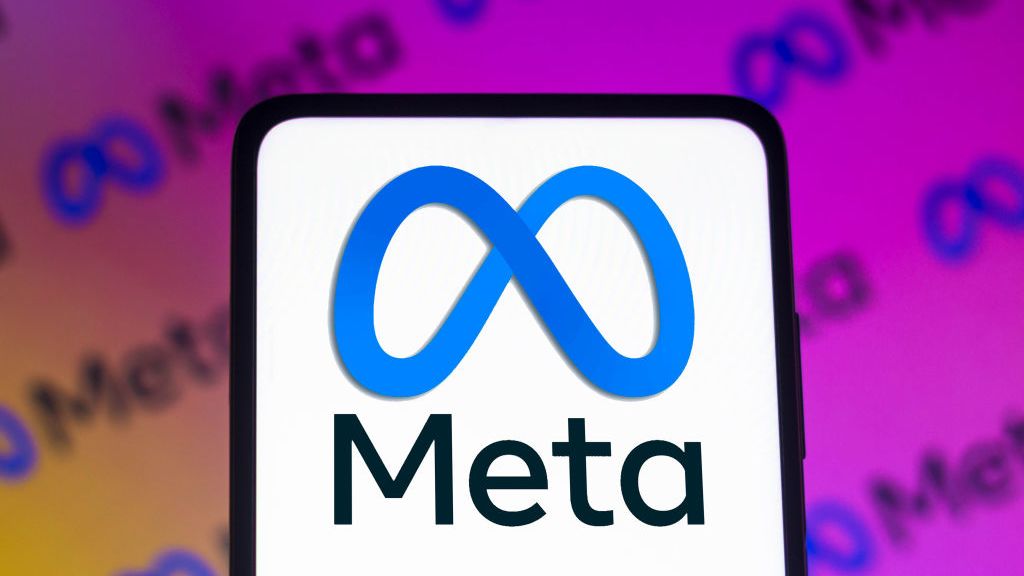 "Unacceptable" data scraping lands Meta a £228m data protection fine
"Unacceptable" data scraping lands Meta a £228m data protection fineNews The much-awaited decision follows the scraping of half a billion users' data and received unanimous approval from EU regulators
-
 Meta notifies around 1 million Facebook users of potential compromise through malicious apps
Meta notifies around 1 million Facebook users of potential compromise through malicious appsNews The vast majority of apps targeting iOS users appeared to be genuine apps for managing business functions such as advertising and analytics
-
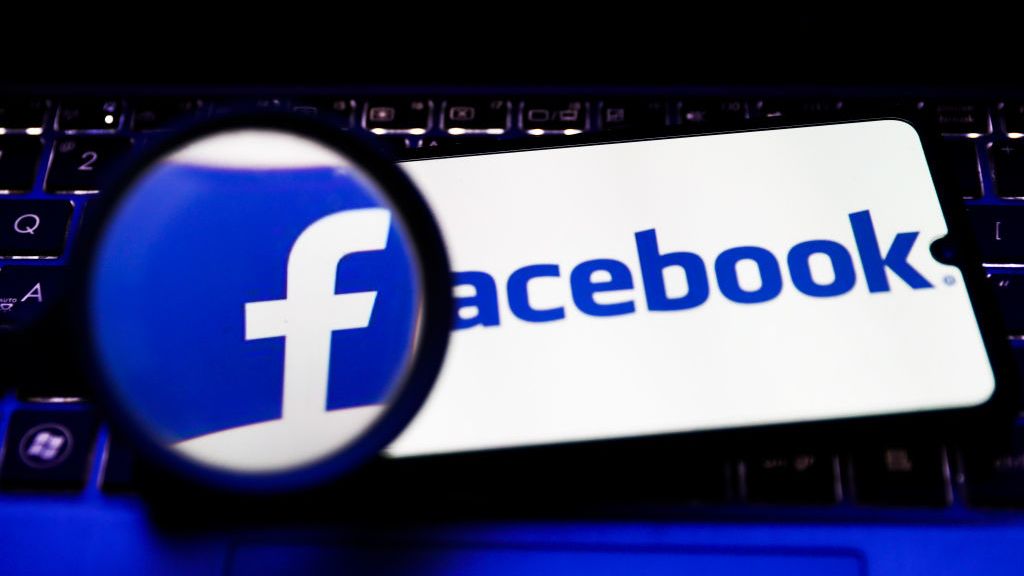 Facebook business accounts hijacked by infostealer malware campaign
Facebook business accounts hijacked by infostealer malware campaignNews Threat actors are using LinkedIn phishing to seize business, ad accounts for financial gain
-
 McAfee and Visa offer 50% off antivirus subscriptions for small businesses
McAfee and Visa offer 50% off antivirus subscriptions for small businessesNews UK Visa Classic Business card holders can access the deal starting today
-
 Meta begins encrypting Facebook URLs, nullifying tracking countermeasures
Meta begins encrypting Facebook URLs, nullifying tracking countermeasuresNews The move has made URL stripping impossible but will improve analytics
-
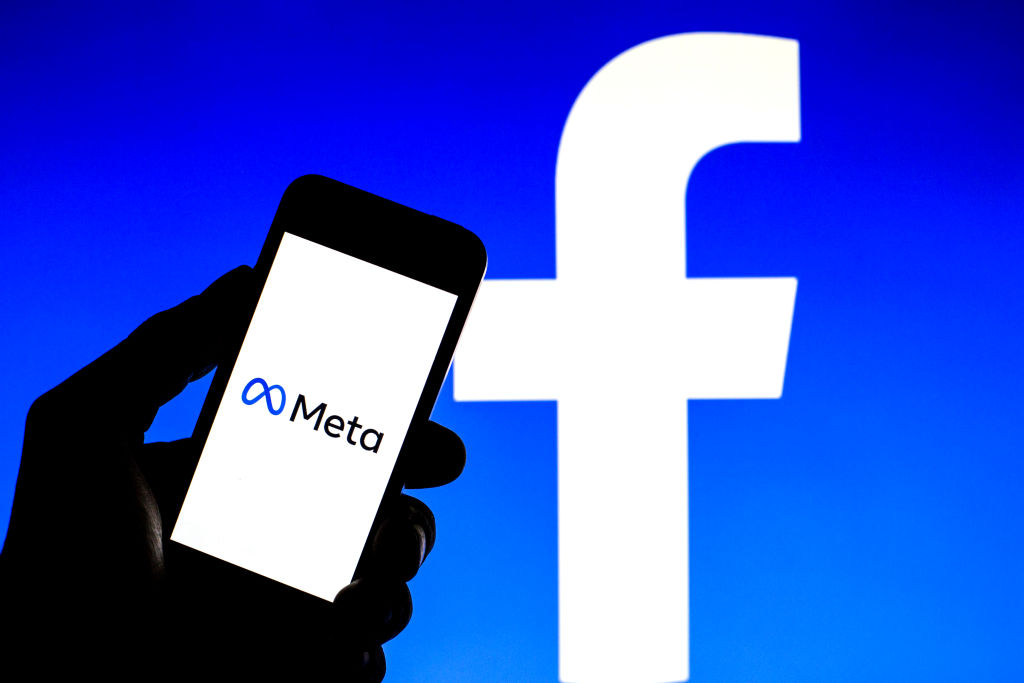 Meta hit with €17 million fine over multiple GDPR breaches
Meta hit with €17 million fine over multiple GDPR breachesNews The social media giant set aside over €1 billion in November to help it cope with potential fines arising from data protection investigations
-
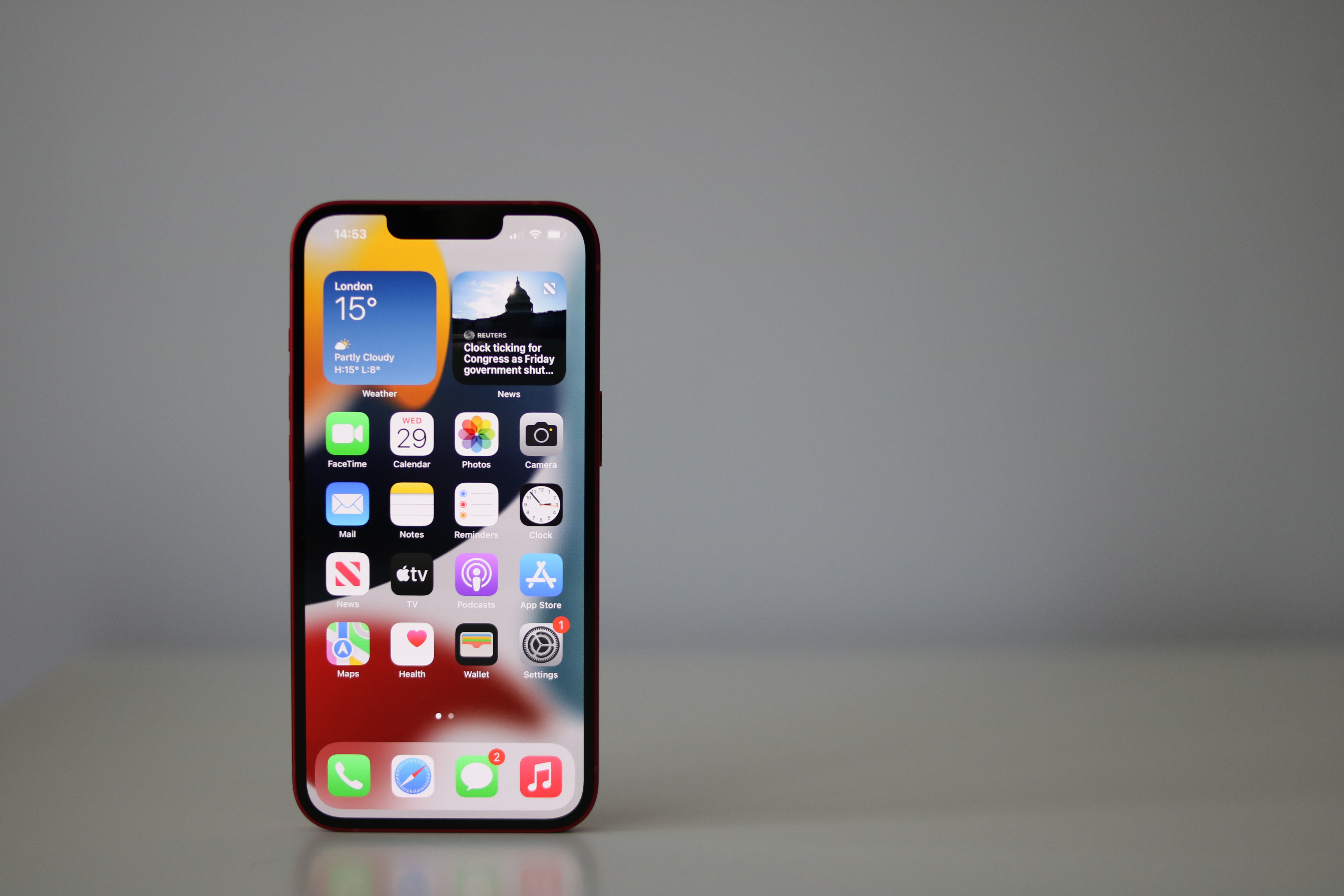 Meta says Apple's iOS privacy changes will cost it $10 billion in 2022
Meta says Apple's iOS privacy changes will cost it $10 billion in 2022News The company's CFO suggests Google "faces a different set of restrictions" because it pays Apple to remain the default iOS search engine

